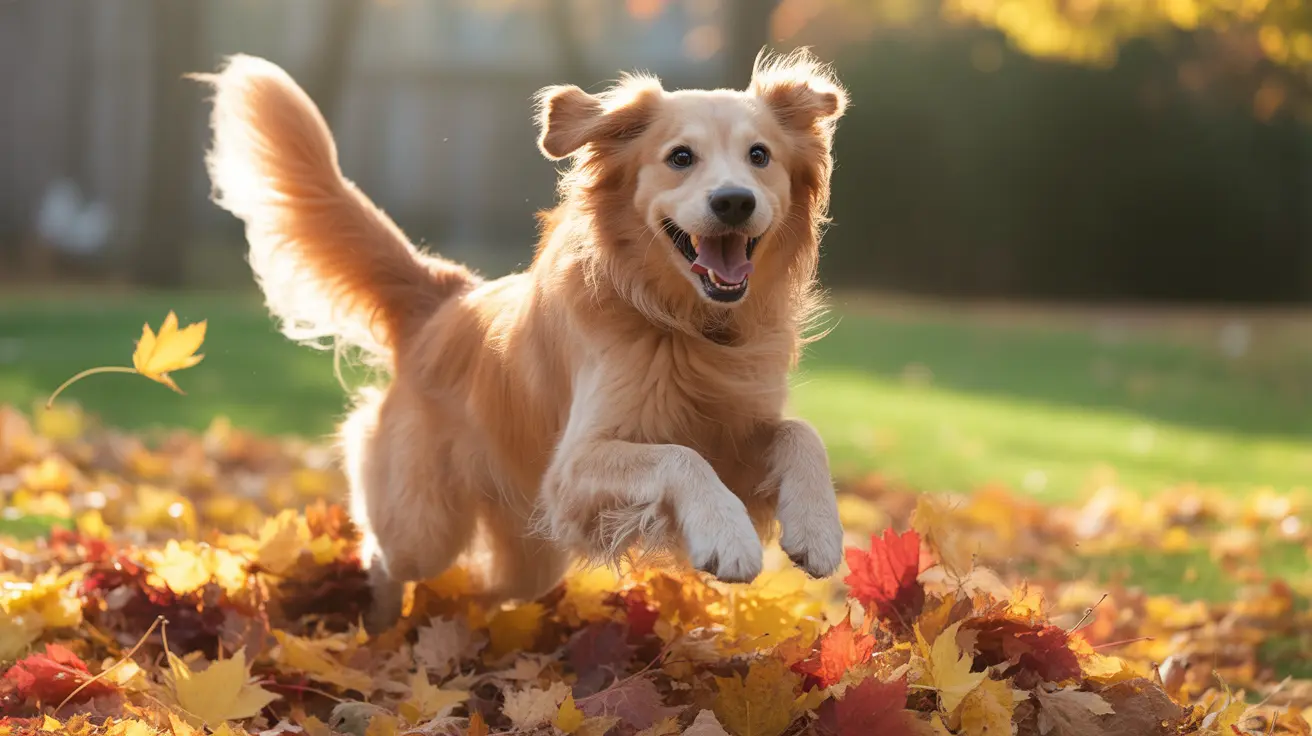Detalles del descubrimiento
La operación de la Guardia Civil española reveló una instalación encubierta que operaba al margen de la supervisión reglamentaria, donde cientos de animales fueron sometidos a condiciones inhumanas. Los 171 animales supervivientes, identificados como especies en peligro, fueron recuperados de forma segura y actualmente reciben la atención veterinaria necesaria.
Impacto en el bienestar animal
El hallazgo subraya la importancia crítica de una supervisión adecuada de las instalaciones de cría y las devastadoras consecuencias de las operaciones ilegales. Las instalaciones autorizadas en España deben mantener normas estrictas de cuidado animal, que incluyen:
- Revisiones veterinarias periódicas
- Condiciones de alojamiento adecuadas
- Nutrición y cuidados adecuados
- Documentación de todos los animales
- Cumplimiento de la normativa de cría
Comprender los requisitos legales
La cría legal de mascotas en España requiere la obtención de licencias adecuadas, inspecciones periódicas y el cumplimiento de estrictas pautas de bienestar animal. Los criadores autorizados deben mantener registros detallados de sus operaciones y garantizar que todos los animales reciban la atención y el cuidado médico apropiados.
Señales de alerta de operaciones de cría ilegales
Los propietarios de mascotas y ciudadanos preocupados deben estar atentos a posibles señales que puedan indicar actividades de cría ilegales:
- Falta de documentación adecuada
- Reticencia a mostrar las instalaciones de cría
- Precios inusualmente bajos
- Condiciones deficientes para los animales
- No hay certificados de salud ni registros de vacunación
Denunciar supuestas infracciones
La Guardia Civil anima a los ciudadanos a denunciar supuestas operaciones de cría ilegales o casos de maltrato animal. Las denuncias a tiempo pueden ayudar a evitar situaciones trágicas como este reciente hallazgo y salvar a los animales del sufrimiento.
Preguntas frecuentes
¿Cómo denuncio la cría ilegal de animales o el maltrato animal en España?
Ponte en contacto con la oficina local de la Guardia Civil o llama a su línea directa dedicada al bienestar animal. También puedes presentar denuncias a través de los sitios web oficiales del gobierno. Todas las denuncias se tratan de forma confidencial y las autoridades investigarán las preocupaciones legítimas.
¿Cuáles son los requisitos para criar y vender mascotas legalmente en España según la nueva Ley de Bienestar Animal?
Los criadores legales deben obtener la licencia correspondiente, mantener registros detallados, proporcionar condiciones de vida adecuadas, garantizar atención veterinaria periódica y cumplir con todos los requisitos de registro. También deben seguir pautas específicas sobre la frecuencia de cría y los estándares de bienestar animal.
¿Cómo puedo saber si un criador de mascotas en España está autorizado y opera legalmente?
Los criadores autorizados deben mostrar con voluntad su documentación oficial, proporcionar registros sanitarios detallados de sus animales, permitir visitas a las instalaciones y emitir los certificados adecuados para todos los animales vendidos. Además, deben mantener prácticas de cría transparentes y cumplir con todas las normativas vigentes de bienestar animal.
Tomar medidas
Este trágico descubrimiento sirve como un crudo recordatorio de la importancia de apoyar a las operaciones de cría legítimas y de denunciar actividades sospechosas. Colaborando, autoridades y ciudadanos pueden ayudar a prevenir el sufrimiento animal y garantizar el cuidado adecuado de las criaturas vulnerables.
Para quienes estén pensando en añadir una mascota a la familia, siempre verifiquen la legitimidad de los criadores y consideren la adopción en refugios autorizados como una alternativa compasiva. Recuerden que la responsabilidad de tener una mascota comienza al elegir fuentes éticas de compañía animal.






